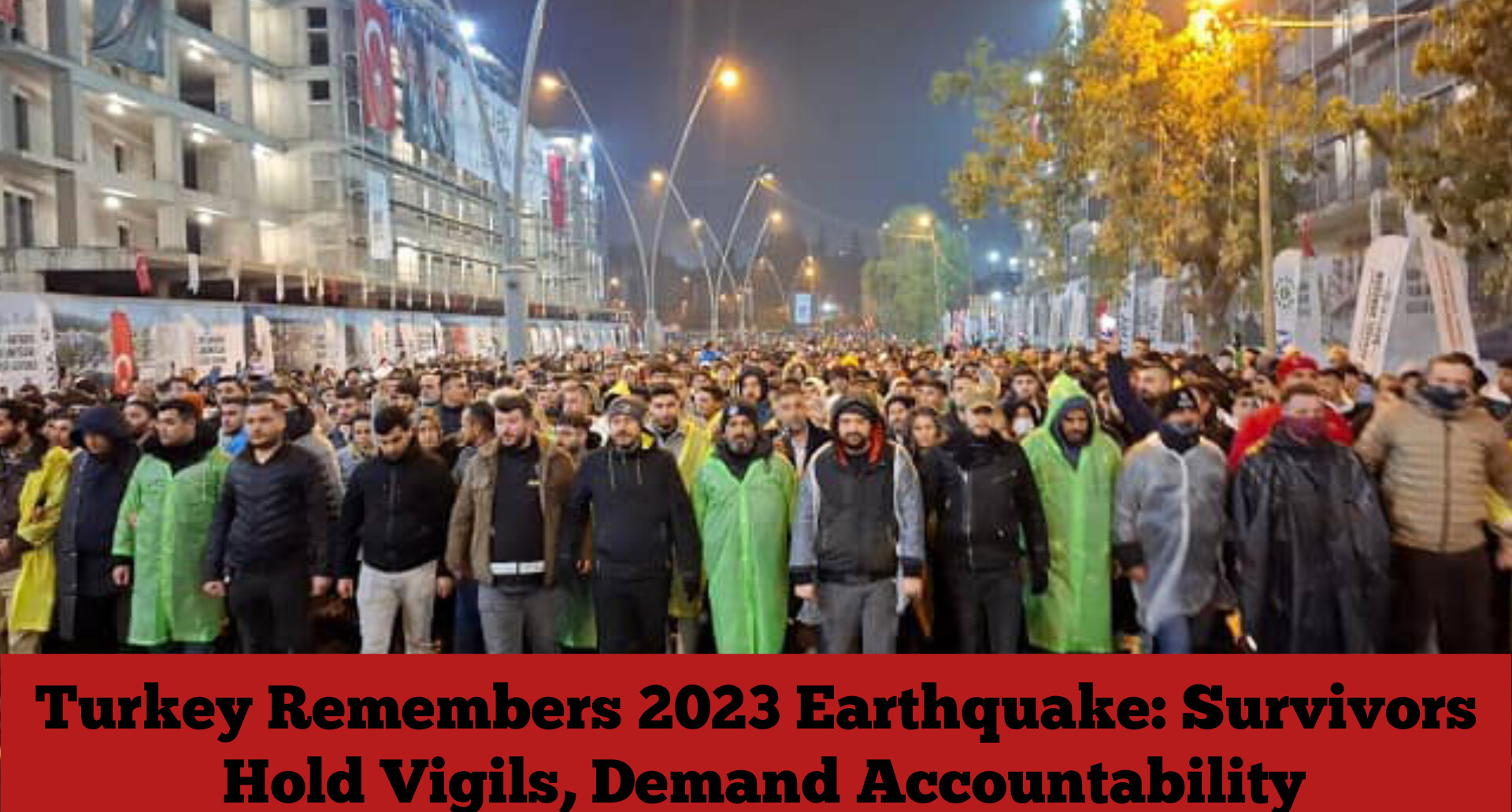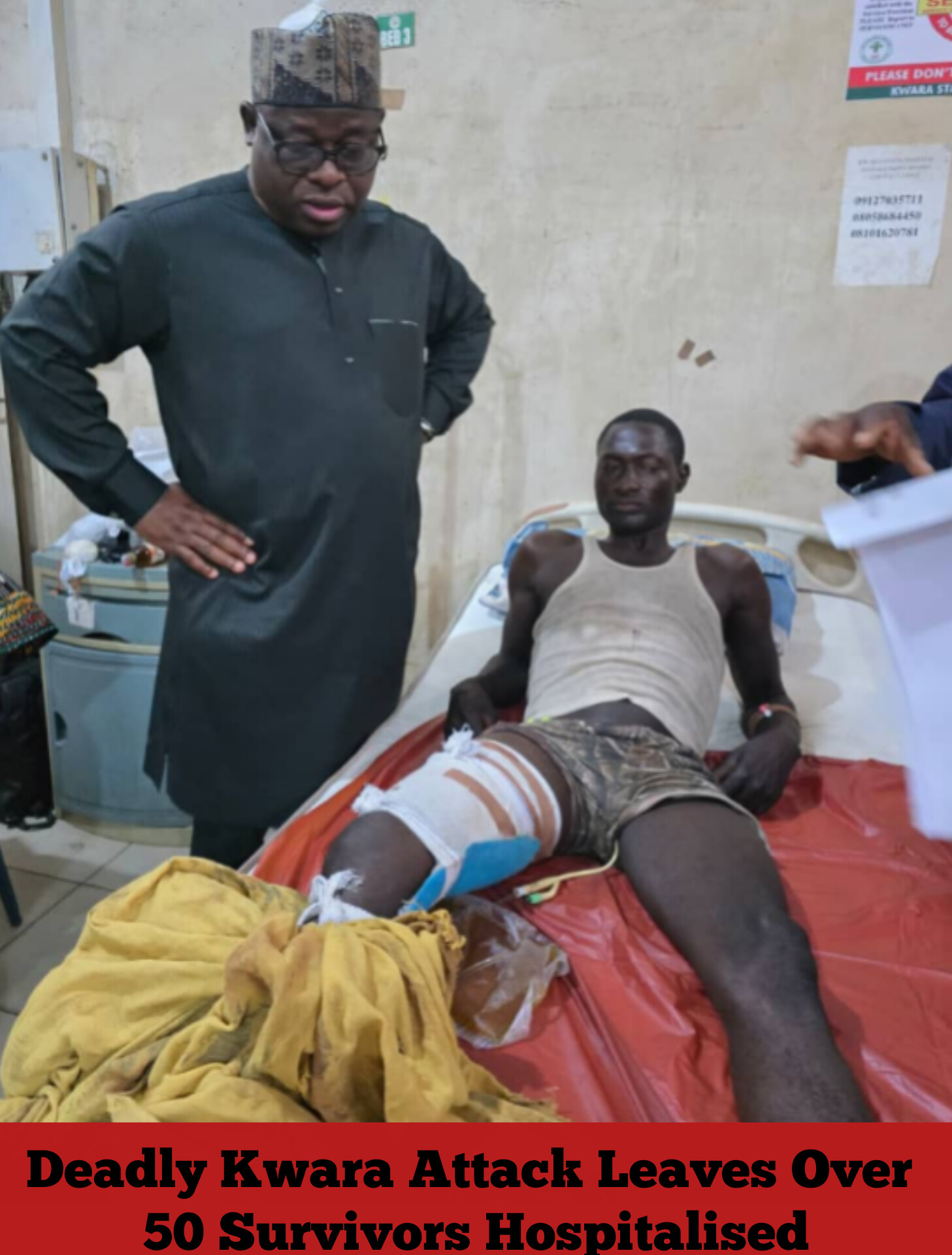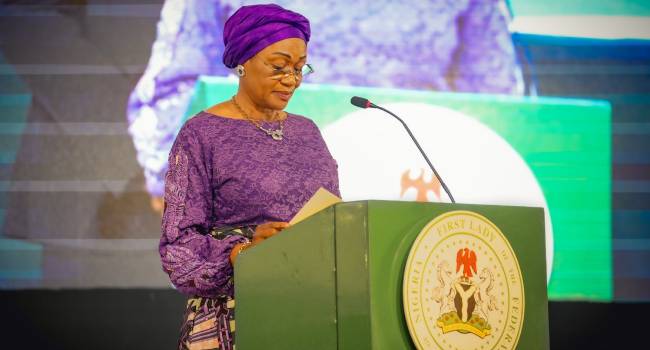Thousands of survivors gathered in torchlit vigils across southern Turkey at 4:17 a.m. Thursday, marking the exact moment two years ago when a catastrophic 7.8-magnitude earthquake struck. The disaster claimed over 53,000 lives in Turkey and around 6,000 in Syria, leaving a trail of devastation.
The quake, which hit before dawn, reduced nearly 40,000 buildings to rubble and severely damaged 200,000 others, trapping countless people under debris. In Antakya, where 90% of structures collapsed, grief and anger filled the air.
“Although two years have passed, we are still hurting. It still feels like that first day,” said 25-year-old survivor Emine Albayrak. More than 20,000 people perished in Antakya and its surrounding province.
Calls for Justice Amid Remembrance
Chanting “Can anybody hear me?”—a haunting echo of the cries from those trapped in the wreckage—mourners threw red carnations into the Orontes River to honor the victims. Many carried banners demanding accountability, decrying the widespread corruption that allowed unsafe buildings to stand in one of the world’s most earthquake-prone regions.
“This was not an earthquake; this was a massacre!” they shouted, condemning unscrupulous developers and complicit officials. Tensions escalated when security forces blocked a section of the march, leading to clashes and arrests.
Meanwhile, Christian communities gathered at the ruins of Antakya’s historic 14th-century Greek Orthodox Church, their mournful chants filling the morning air.
Rebuilding Efforts and Lingering Trauma
For many survivors, the emotional wounds remain raw. “Two years have passed, but it still feels like yesterday,” said 18-year-old Humeysa Bagriyanik. “Our city was razed to the ground. I don’t recognize anything anymore.”
Dubbed the “disaster of the century” by President Recep Tayyip Erdoğan, the quake left nearly two million people homeless. While the government has handed over 201,500 new homes and promises 220,000 more by year’s end, around 670,000 survivors still live in container shelters.
“We will rebuild our cities with hard work, patience, and an iron will,” Erdoğan vowed at a memorial event in Adiyaman, a province that lost over 8,000 lives.
Yet, for survivors like Sema Genc, who lost her entire family, the trauma persists. “Whenever I enter a room, the first thing I check is the ceiling. Will it hold in an earthquake, or will I be trapped again?” she said.
Fear of Another Disaster
The earthquake’s aftermath has led to criminal investigations, with 189 people jailed and over 1,800 defendants facing trials for negligence. But concerns extend beyond accountability—scientists warn that Turkey remains at risk.
Recent tremors in the Aegean Sea near Greece have renewed fears of another devastating quake. Urban Planning Minister Murat Kurum warned of the potential for a “big one” hitting Istanbul, a city precariously close to the North Anatolian Fault.
“Istanbul cannot withstand another earthquake,” he cautioned, citing 600,000 homes at risk of collapse.
As Turkey remembers its dead, the pain remains, and so does the fear that history could repeat itself.




